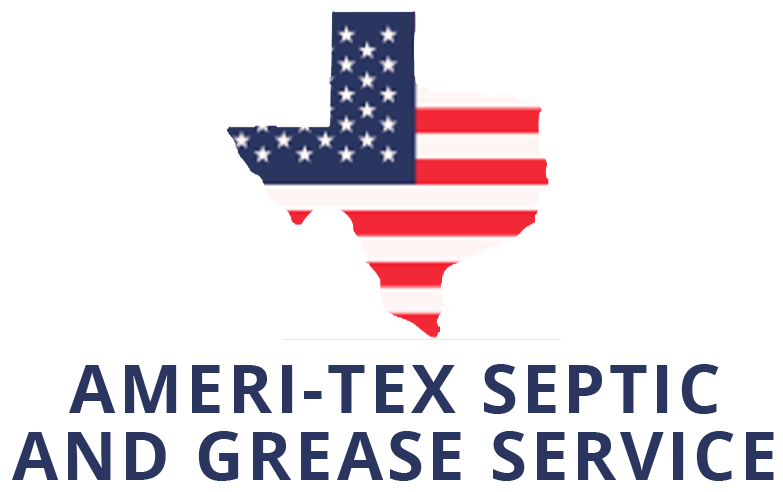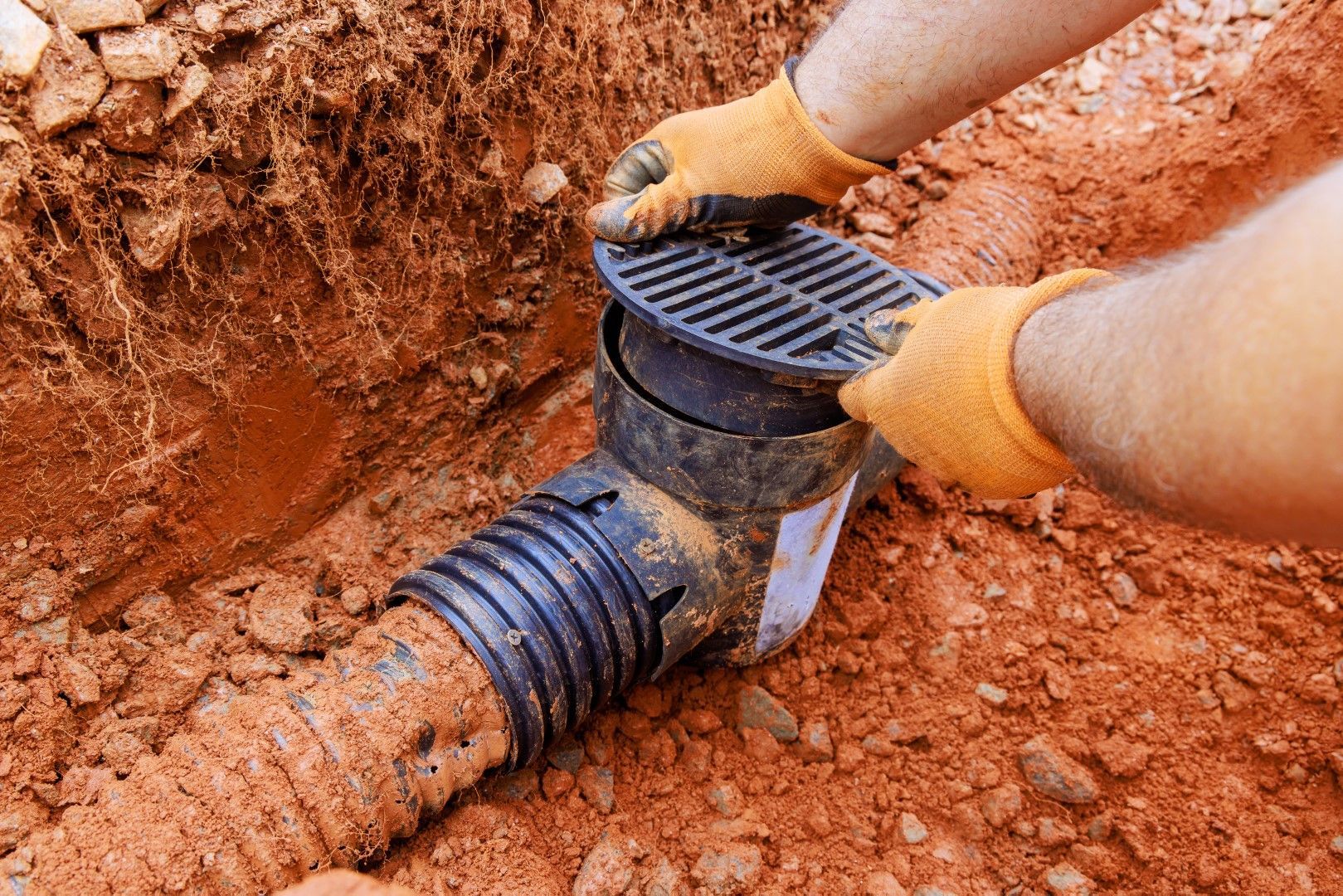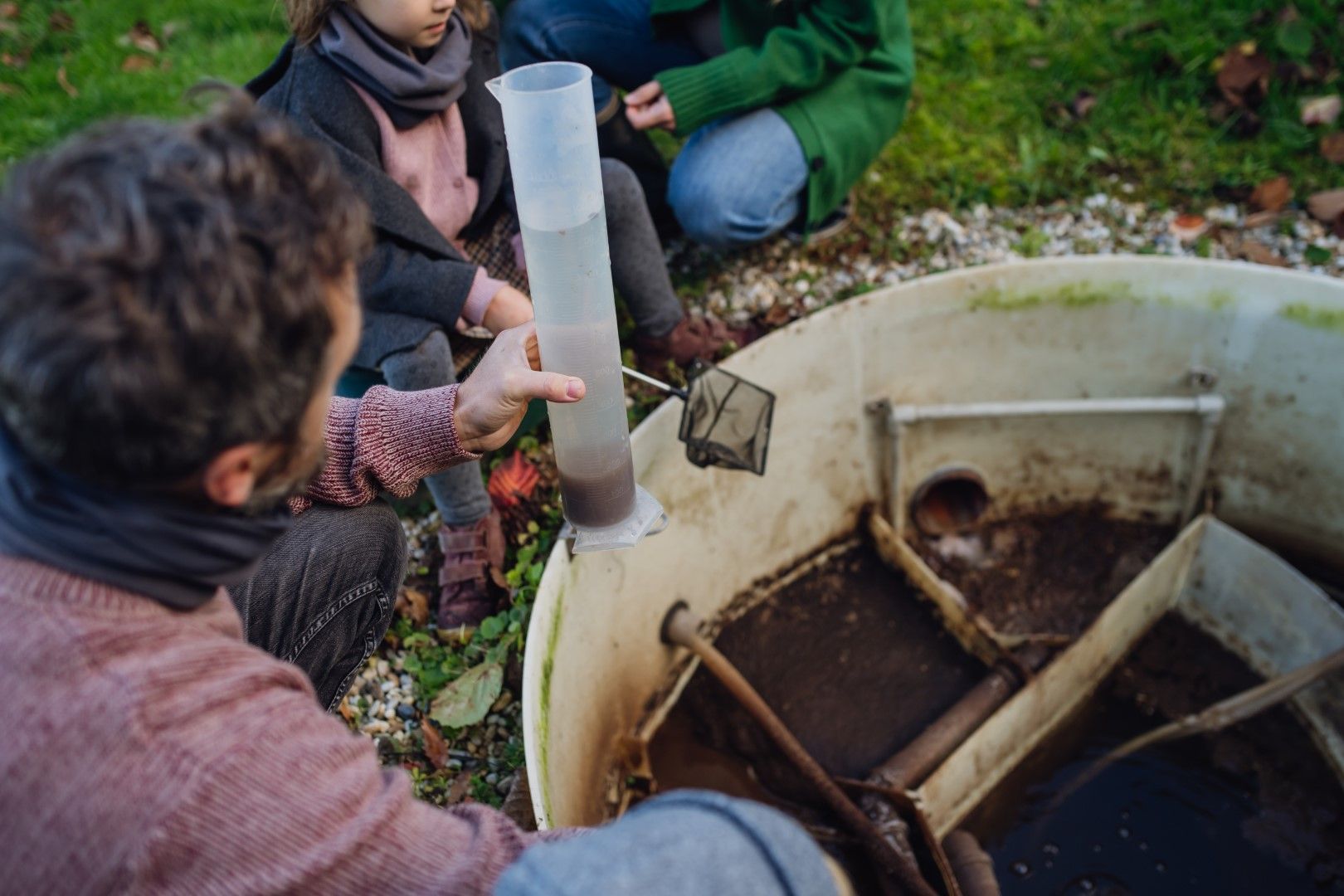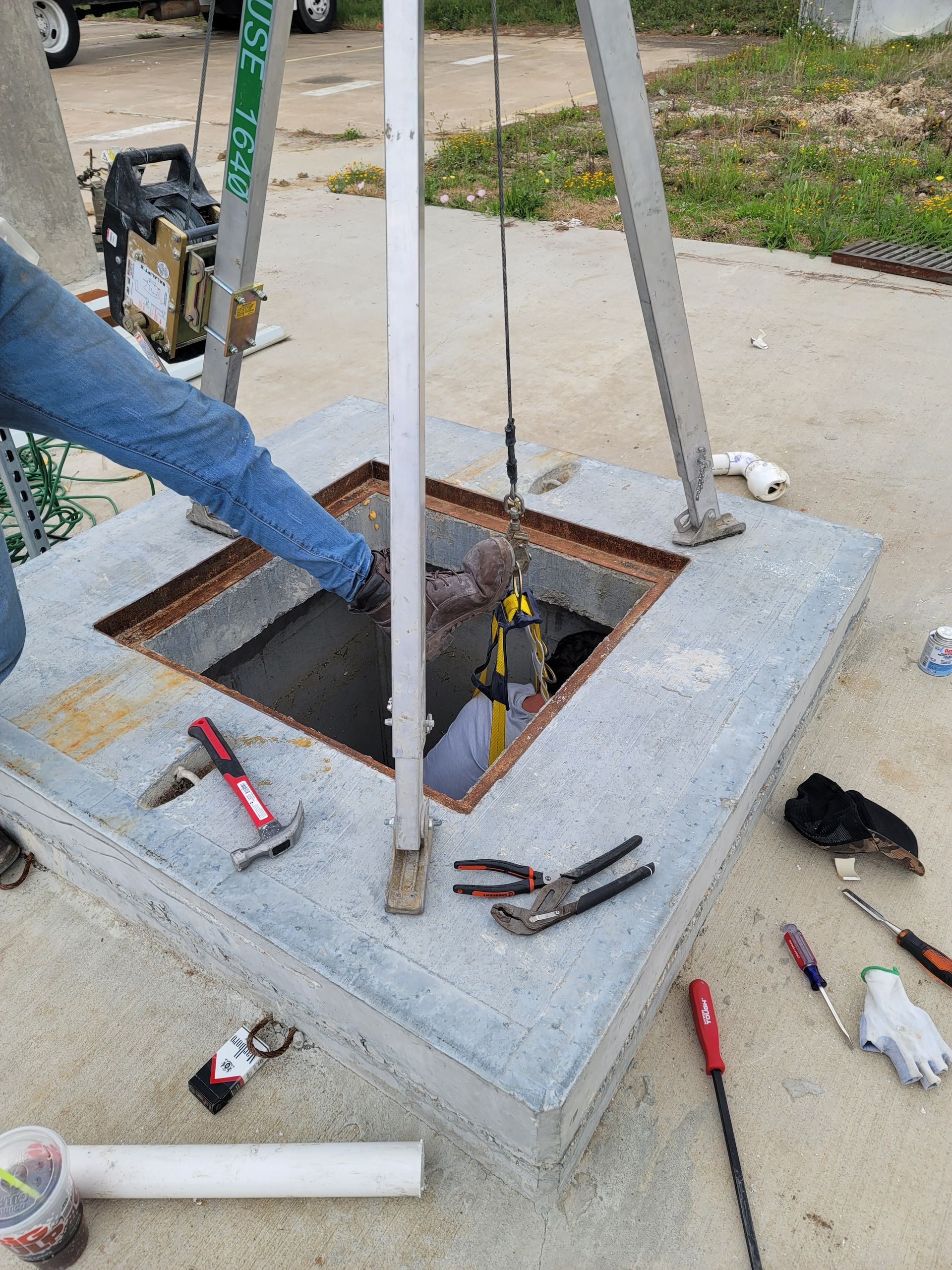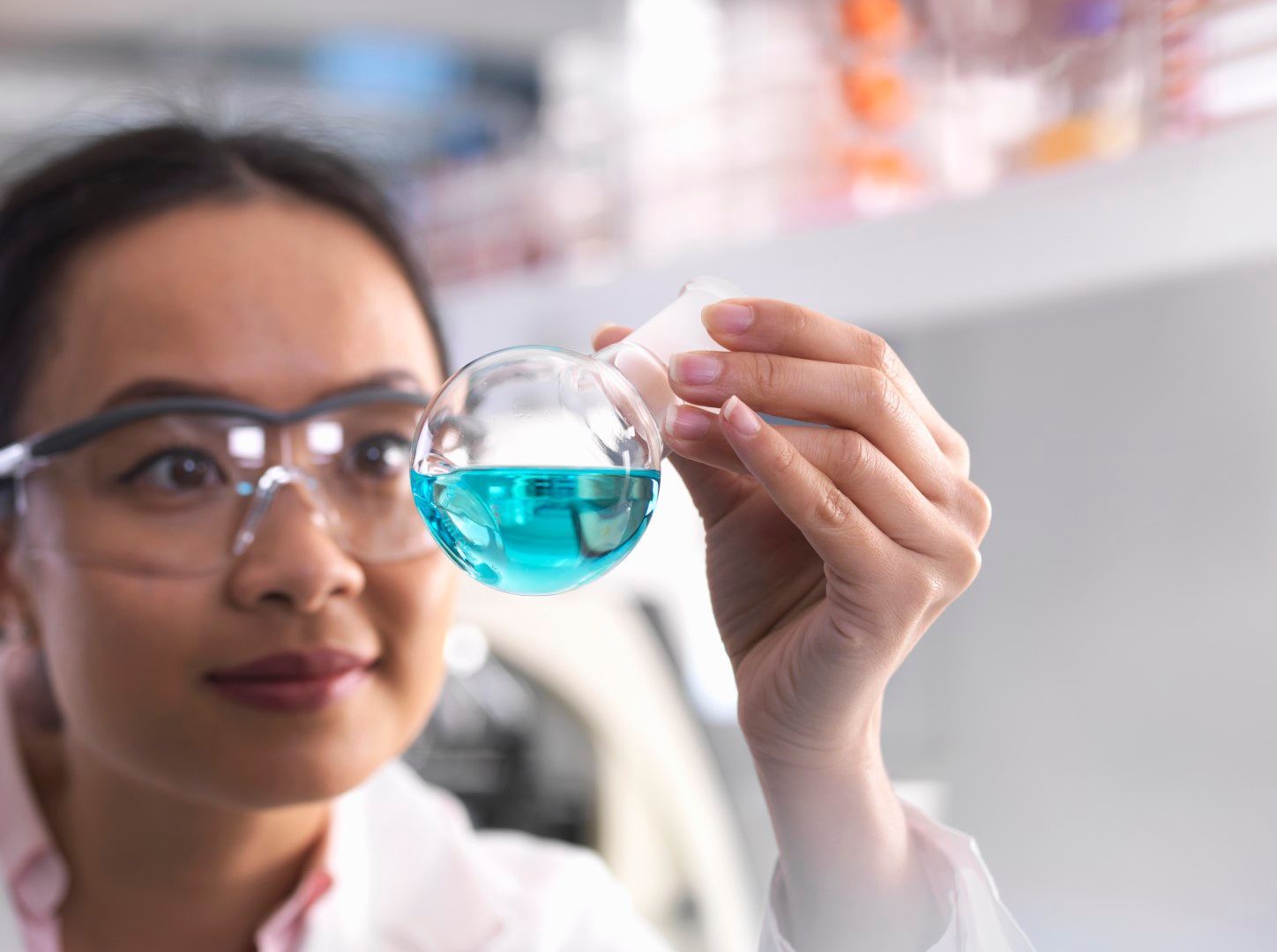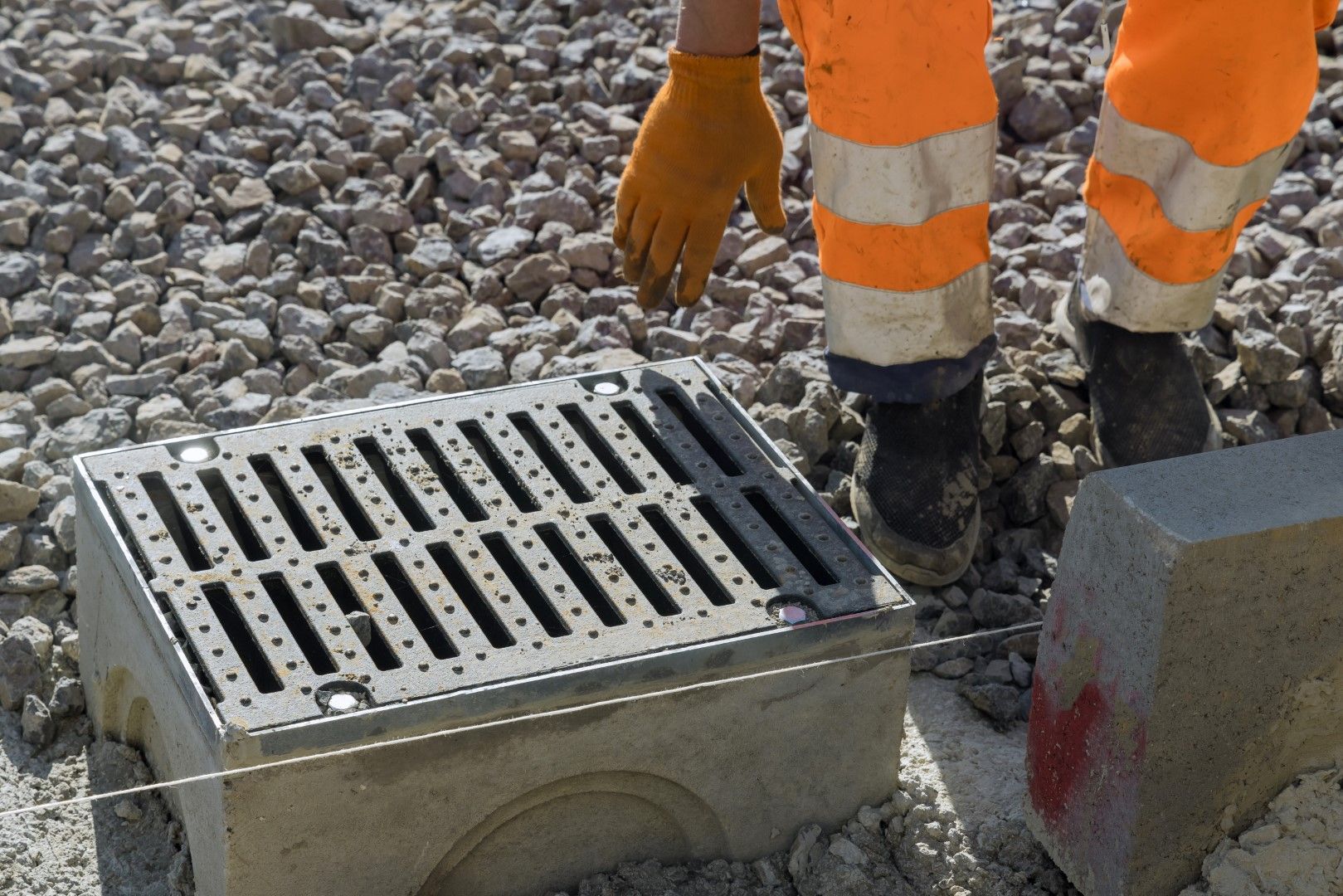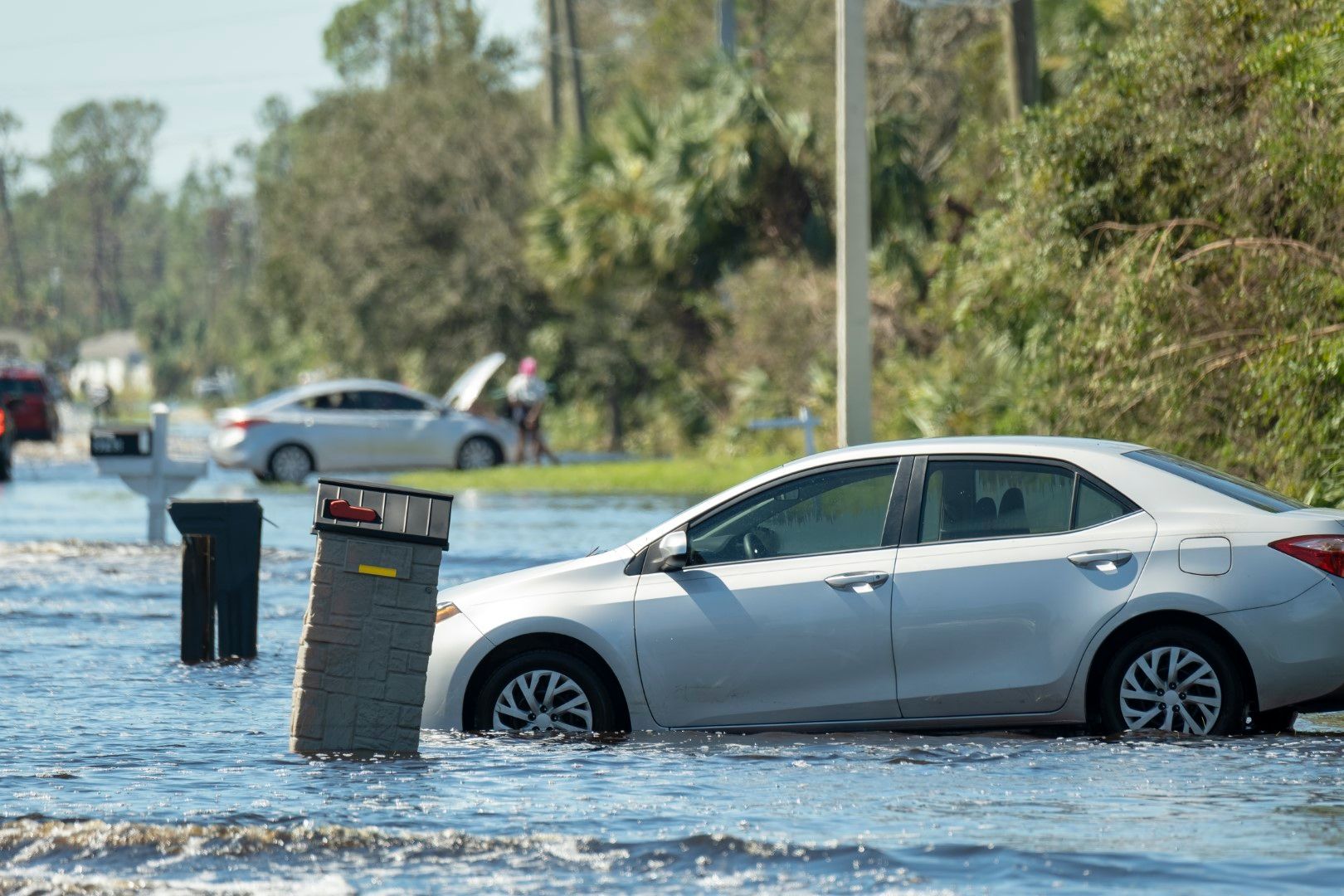Septic systems are an essential part of many homes, particularly those in rural or suburban areas that are not connected to a municipal sewer system. These systems rely on a delicate balance of bacteria to break down waste, allowing the system to function efficiently. However, the use of certain household chemicals can disrupt this balance, leading to costly repairs and potentially harmful environmental consequences. Understanding the impact of household chemicals on your septic system is crucial for maintaining its health and avoiding long-term damage.
How Septic Systems Work
To appreciate the impact of household chemicals, it’s essential to first understand how a septic system functions. Septic systems treat wastewater from your home through a combination of physical, biological, and chemical processes. Wastewater from sinks, toilets, showers, and washing machines flows into the septic tank, where solids settle at the bottom, and oils and grease float to the top. In the middle layer, bacteria break down organic waste. The treated water, known as effluent, is then discharged into a drain field, where it is further filtered by soil.
This natural breakdown process relies on a healthy colony of bacteria. When household chemicals are introduced into the septic system, they can disrupt this balance, killing the bacteria that are necessary for breaking down waste and leading to inefficiencies in the system.
Common Household Chemicals that Harm Septic Systems
Many everyday cleaning products contain chemicals that can be harmful to your septic system. Here are a few common culprits:
Bleach
Bleach is a powerful disinfectant commonly used to clean surfaces and whiten laundry. However, when it enters your septic system, bleach kills both harmful and beneficial bacteria. While occasional use in small amounts is unlikely to cause significant harm, frequent use of bleach can lead to a weakened septic system over time.
Antibacterial Cleaners
Antibacterial soaps and cleaning agents are popular for their ability to eliminate germs. Unfortunately, these products can also destroy the bacteria within your septic tank. This disruption slows down the breakdown of organic waste, leading to the accumulation of solids and potential blockages.
Drain Cleaners
Chemical drain cleaners are often used to clear clogs quickly, but they can wreak havoc on your septic system. The harsh chemicals in these products can corrode pipes and kill the bacteria that play a vital role in waste breakdown. Instead of using chemical drain cleaners, opt for safer alternatives such as a plunger or drain snake.
Ammonia-Based Cleaners
Ammonia is another common household cleaner found in products like window and floor cleaners. Like bleach, ammonia can be harmful to the bacteria in your septic tank, slowing down the treatment process.
Laundry Detergents
Many laundry detergents contain phosphates and other chemicals that can upset the balance of your septic system. Opt for biodegradable, phosphate-free detergents whenever possible, and avoid using excessive amounts of detergent in each wash cycle.
The Long-Term Impact of Chemicals on Septic Systems
Using household chemicals without considering their effects on your septic system can have long-term consequences. Over time, the buildup of harmful chemicals can lead to the following issues:
Reduction in Bacterial Activity
The most significant impact of household chemicals is the reduction of bacterial activity in your septic tank. When bacteria are killed off, waste cannot be broken down as effectively, leading to a buildup of solids. This can cause your tank to fill up more quickly, requiring more frequent pump-outs.
Clogs and Backups
A poorly functioning septic system is more likely to experience clogs and backups. When waste is not properly broken down, it can accumulate in pipes and the drain field, leading to slow drainage and backups in your home. This can also increase the likelihood of costly repairs.
Environmental Damage
When harmful chemicals are flushed into your septic system, they can eventually make their way into the surrounding soil and groundwater. This can lead to contamination of local water sources, harming plants, animals, and even nearby homes that rely on well water.
Costly Repairs
The long-term consequences of using harmful chemicals can result in the need for costly septic system repairs or replacements. Replacing a failed septic system can be a significant financial burden, so it’s important to take preventive measures by avoiding harmful chemicals.
Tips for Protecting Your Septic System
Fortunately, there are steps you can take to protect your septic system from the damaging effects of household chemicals. By making a few simple changes to your cleaning routine, you can help maintain the health of your system and avoid costly repairs.
Use Septic-Safe Cleaning Products
Look for cleaning products labeled as septic-safe. These products are formulated to minimize their impact on the bacteria in your septic tank. Biodegradable and eco-friendly options are often a safer choice for your system.
Limit Chemical Use
Even when using septic-safe products, it’s important to limit the amount of chemicals entering your septic system. Try to avoid using bleach, ammonia, or antibacterial cleaners frequently. When cleaning, use natural alternatives like vinegar and baking soda, which are effective yet gentle on your septic system.
Avoid Flushing Non-Degradable Items
Only human waste and toilet paper should be flushed down the toilet. Avoid flushing items like wipes, paper towels, feminine hygiene products, and chemicals. These items can cause blockages and disrupt the septic system’s balance.
Regular Septic System Maintenance
In addition to avoiding harmful chemicals, scheduling regular maintenance for your septic system is essential for long-term health. Routine inspections, cleanings, and pump-outs help ensure that your system is operating efficiently and can catch any issues before they become major problems.
Protect Your Septic System with Ameri-Tex Septic & Grease Service
Your septic system is a vital part of your home’s plumbing, and protecting it from harmful chemicals is essential for its long-term health. By using septic-safe products, limiting chemical use, and scheduling regular maintenance, you can prevent costly repairs and keep your system running smoothly for years to come.
If you’re in the Houston, TX, area, and need expert septic system services, contact Ameri-Tex Septic & Grease Service today. We provide routine maintenance, emergency services, and expert advice on how to protect your septic system from household chemicals and other hazards.


